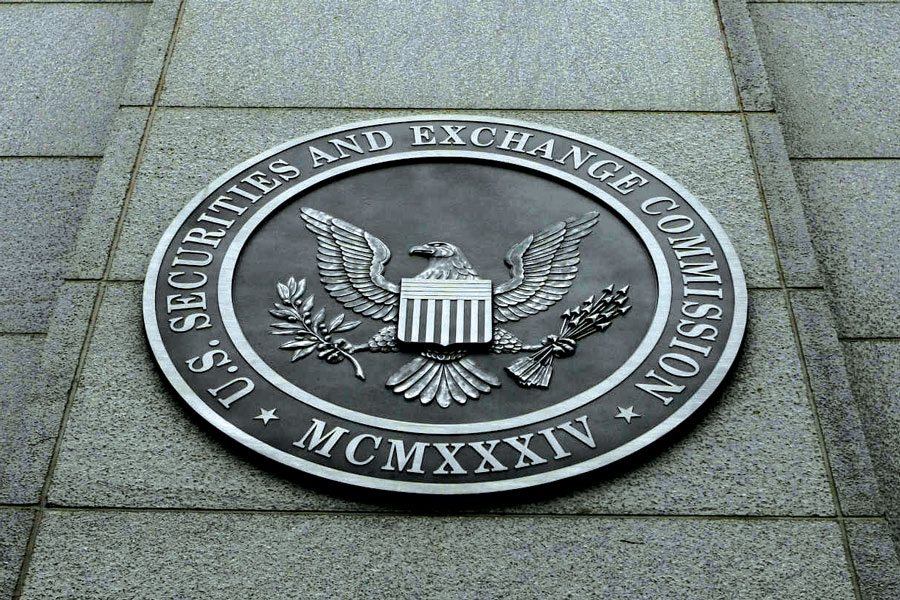

Trade associations representing investment advisers are grateful that the Securities and Exchange Commission is attempting to update adviser advertising rules for the first time since the Kennedy administration, but they're concerned that a recent proposal is too expansive and would raise compliance costs.
In November, the SEC released a rule proposal that would allow advisers to post testimonials, endorsements and third-party ratings on social media. It also would permit the use of investment performance results as long as the ads met certain requirements.
The proposal, which rewrites advertising rules for the first time since 1961, would define advertising as “any communication disseminated by any means” that is meant to increase an adviser’s business. The previous rule applied only to written communications and TV and radio ads.
The Investment Adviser Association was one of several trade groups that praised the SEC for drafting a “principles-based” rule that could evolve with communications technology.
But the IAA cautioned that the “expansive definition of advertisement” would require advisers to review almost all communications with clients.
“We are very concerned that the breadth of the definition of advertisement coupled with onerous new review and pre-approval requirement under the proposed advertising rule would make the rule exceedingly difficult to implement and hamper investors’ access to information they want and expect,” Karen Barr, chief executive of the Investment Adviser Association, wrote in a Feb. 10 comment letter.
The comment deadline was Feb. 10, and the SEC received much input on the advertising proposal, which also included an update to requirements surrounding investment adviser payments to solicitors. The latter rules hadn’t been revised since 1979.
The Financial Planning Association said that both the advertising and solicitation rules should be modernized but that the SEC is forcing a lot of compliance requirements on advisers all at once.
“It expands the scope of both rules by including additional forms of communication and different types of compensation, all of which will require a significant change to compliance procedures for advisers and solicitors,” Lauren Schadle, FPA chief executive, wrote in a Feb. 10 comment letter. “FPA is concerned that the rule proposals would increase costs to all investment advisers’ firms regardless of size.”
The National Association of Personal Financial Advisors expressed reservations about compliance costs. It also sent up a red flag about allowing advisers to pay for endorsements and testimonials, arguing that only large advisory firms could afford to finance advertising.
“We encourage the commission to promulgate final rules that minimize anticompetitive effects and unnecessary compliance burdens and costs for advisers who participate in the marketplace for personalized investment advisory services,” NAPFA CEO Geoffrey Brown wrote in a Feb. 10 comment letter.
Mr. Brown also warned that paid endorsements would be “tainted by ‘puffery’ and personal bias” and would mislead investors.
Knut Rostad, president of the Institute for the Fiduciary Standard, said the SEC should reconsider lifting the prohibition on testimonials and endorsements.
“The SEC offers no new research or compelling analytical insights to refute the basis for the ban,” Mr. Rostad wrote in a Feb. 10 comment letter. “Further, the SEC does not make a strong case that such advertising will help investors.”
After reviewing the comment letters, the SEC could revise the advertising proposal or advance toward a final rule.

Relationships are key to our business but advisors are often slow to engage in specific activities designed to foster them.

Whichever path you go down, act now while you're still in control.

Pro-bitcoin professionals, however, say the cryptocurrency has ushered in change.

“LPL has evolved significantly over the last decade and still wants to scale up,” says one industry executive.

Survey findings from the Nationwide Retirement Institute offers pearls of planning wisdom from 60- to 65-year-olds, as well as insights into concerns.
Streamline your outreach with Aidentified's AI-driven solutions
This season’s market volatility: Positioning for rate relief, income growth and the AI rebound
